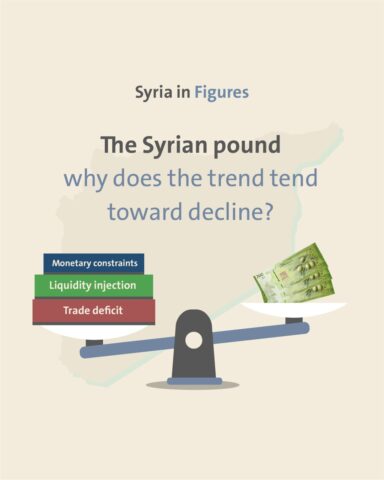
Economic Decay Anchors the Syrian Pound
Economic fundamentals gradually pushed the SYP downward in 2025. If sentiment drove spikes, what drove the underlying

Economic fundamentals gradually pushed the SYP downward in 2025. If sentiment drove spikes, what drove the underlying
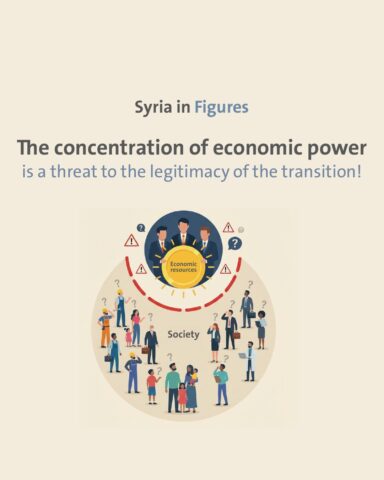
One of the most worrying post-Assad developments is the concentration of economic power in the presidency. Dr.@Karam__Shaar‘s editorial
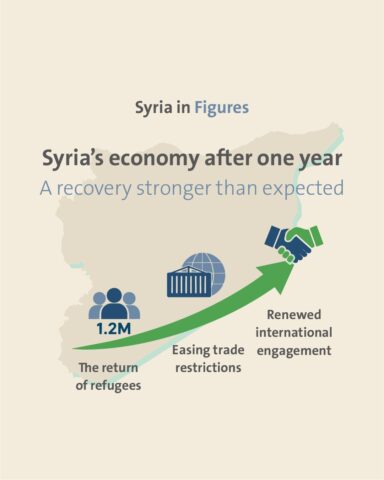
In his end-of-year editorial, Dr. @Karam__Shaar explains how refugee and expatriate returns, eased trade barriers within and outside the

Sometimes the challenge is not a lack of information, but its fragmentation: a news item here, an analysis
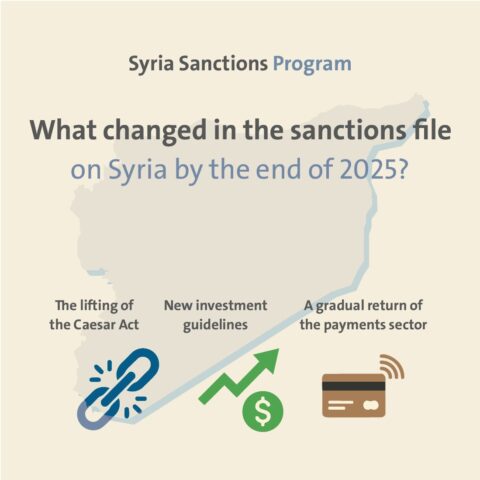
Caesar repealed, new investment guidance, and early moves in digital payments. Syria Sanctions Monitor – Issue 4 explains how

Full external contribution: Subscribe:
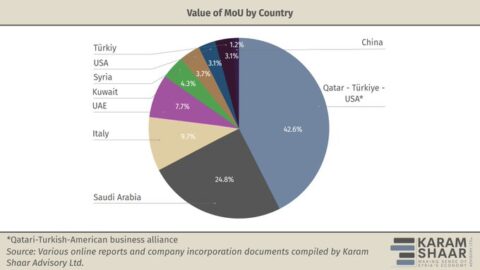
Syria’s investment landscape is being reshaped, driven largely by companies from the Gulf. Our review of 40 MoUs shows disclosed
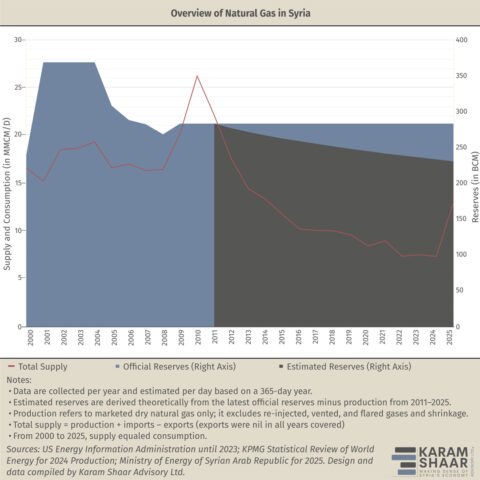
The Arab Gas Pipeline is back, and Syria is reconnecting to regional energy flows. In August 2025, Türkiye began supplying

Wood-cutting has become one of Syria’s most entrenched survival economies. Fuel shortages turned tree-cutting from a coping strategy into an

Syria’s deforestation has become a structural threat, not a background issue. Data show Syria lost 30,000 hectares of tree cover